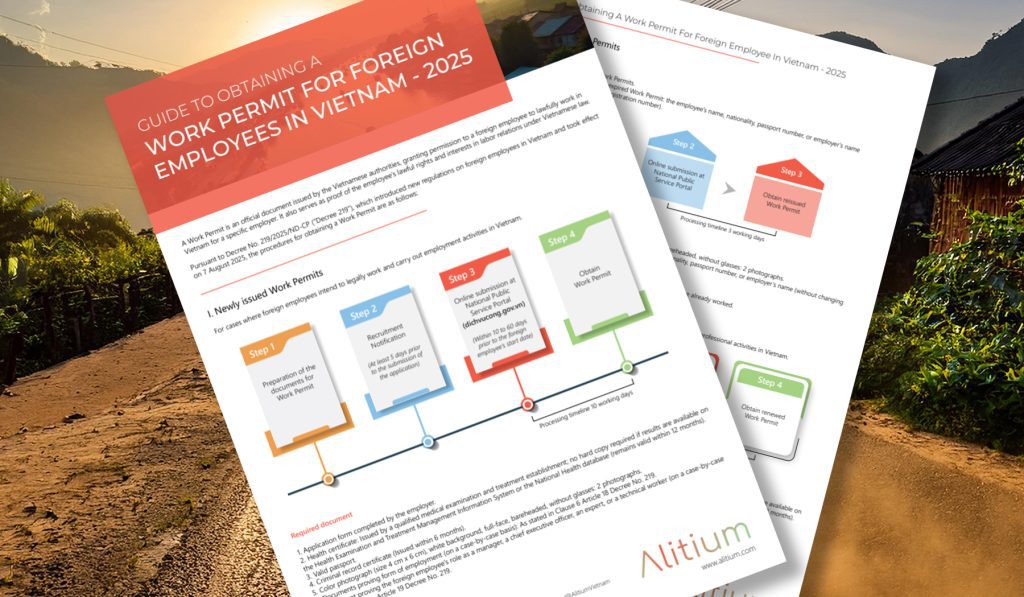Navigating Strategic Market Entry for Vietnam
Vietnam: A Complex Tapestry of Opportunity
Vietnam’s rise as a vibrant market has attracted global businesses eager to expand. However, beneath its appealing surface lies a complex landscape requiring careful navigation. Success in Vietnam demands understanding the local market, building strong relationships, and interpreting unique business practices. This article explores key steps for entering the Vietnamese market, highlights challenges, and offers solutions for international entrants. By adopting a strategic approach and leveraging expert guidance, businesses can unlock the full potential of this dynamic market.
Many businesses are drawn to Vietnam’s allure but often overlook its complexities. Entrants tend to focus solely on macroeconomic trends, neglecting cultural nuances and microeconomic realities. This oversight can lead to costly mistakes and missed opportunities. Access to reliable market intelligence is crucial for informed decision-making. Without understanding market preferences, competitive landscapes, and domestic value chains, businesses risk misalignment with market needs. Professional expertise and a deep understanding of Vietnamese culture are essential for building trust and accessing valuable, often non-public information. The nation’s hierarchical structure and emphasis on long-term relationships differ significantly from Western norms, requiring cultural sensitivity and a respected in-country track record.
Successful businesses seek strategic opportunity analysis and practical advice with tailored market entry strategies. These empower businesses with the knowledge and tools needed to thrive in Vietnam, assisting with understanding the country, culture, local industry, value chain participants, and potential influencers.
Foreign businesses often misinterpret hospitality as informality or view hierarchical behaviors as sole decision-making authority. Understanding the needs and expectations of Vietnamese counterparts can be complex, with limited data from market players. This makes assessing market potential, addressing specific concerns, and identifying value-added capabilities challenging.
Successful businesses identify key decision-makers and facilitate efficient engagement. By understanding the Vietnamese business landscape and extensive networks, they seek benchmarking and historical business practice intelligence to critique opportunities and mitigate risks. Being connected with the right people and support streamline the process. Experienced professionals can join teams, providing ongoing, agile support for successful transitions into Vietnam.
Encountering resistance or a lack of enthusiasm from Vietnamese counterparts can stem from cultural differences, differing business philosophies, and incomplete understanding of offerings. Preconceived notions and stereotypes can hinder collaboration, as businesses may hold perceptions about foreign companies based on past experiences or hearsay, creating barriers to trust and dialogue.

A nuanced approach bridges cultural gaps for productive collaboration by understanding counterparts’ interests and aspirations to identify shared value propositions. This shifts the focus from positional bargaining to a collaborative approach centered on mutual benefits. Successful businesses obtain a deep understanding of the Vietnamese business landscape, including financial providers, supply chain dynamics, and stakeholder relationships, enabling them to provide valuable insights throughout the exploration process.
Proposals can be perceived as premature or lacking substance. Understanding the nuances of the non-linear proposal process in Vietnam, while building strong relationships, is crucial. While written contracts are essential, determining optimal timing and transitioning from verbal agreements to formal contracts can be complex.
Successful businesses craft compelling proposals that resonate with Vietnamese counterparts and align with business dynamics. They understand where negotiations and relationships stand, providing cultural understanding and negotiation expertise to guide clients through this phase.
Impatience or pressure on Vietnamese counterparts can end opportunities. The review process may involve more stakeholders than anticipated, introducing complexities and potential roadblocks. Understanding these dynamics, timelines, and potential conflicts is crucial for success.
Understanding the market fosters communication across stakeholders throughout the review process. By leveraging cultural intelligence and negotiation expertise, businesses can help interpret cues, manage expectations, and build trust. Ongoing market monitoring keeps clients informed of relevant changes to adapt strategies.
Misinterpreting the balance between formal contracts and relationship building can be challenging. While written contracts outline terms, the emphasis on relationships in Vietnamese business culture creates differing expectations about contracts’ roles. Misunderstandings can arise from differing perspectives on document details, such as non-binding Memorandums of Understanding (MOUs), which can hold significant weight in Vietnam.
Successful businesses craft comprehensive contracts that protect interests while fostering long-term relationships. They understand the importance of legal formalities, while balancing cultural nuances to build trust and facilitate a smooth agreement process.
Rigid and inflexible strategies can hinder success. The dynamic market may require adjustments to sales, marketing, and logistics, potentially leading to renegotiations and operational challenges. Maintaining competitive advantage while collaborating with local partners is complex.
Successful businesses leverage a deep understanding of the Vietnamese business landscape and supply chain leaders to find solutions that fit immediate and long-term needs. Their commitment extends to ongoing monitoring and evaluation, ensuring continued success in Vietnam.
Vietnam offers immense potential for international businesses, but success hinges on understanding the local market and building strong relationships. While the journey may be complex, the rewards are substantial. By avoiding pitfalls and leveraging expertise, businesses can navigate the Vietnamese landscape effectively and achieve sustainable growth. It’s essential to remember that Vietnamese businesses prioritize growth and development, with partnerships built on mutual benefit. By working together to explore specific needs and develop tailored strategies, businesses can unlock the full potential of the Vietnamese market.
Adam Corrall is Senior Consultant at Alitium. Adam has over 20 years of hands on market entry experience in Vietnam. His practical advice on developing, delivering, and de-risking your strategies across import/export, B2B, M&A, and strategic PPP alliances comes from someone who has actually done it in Vietnam.








